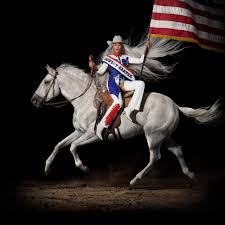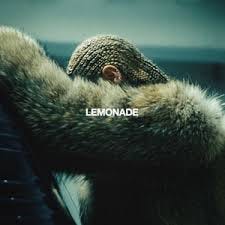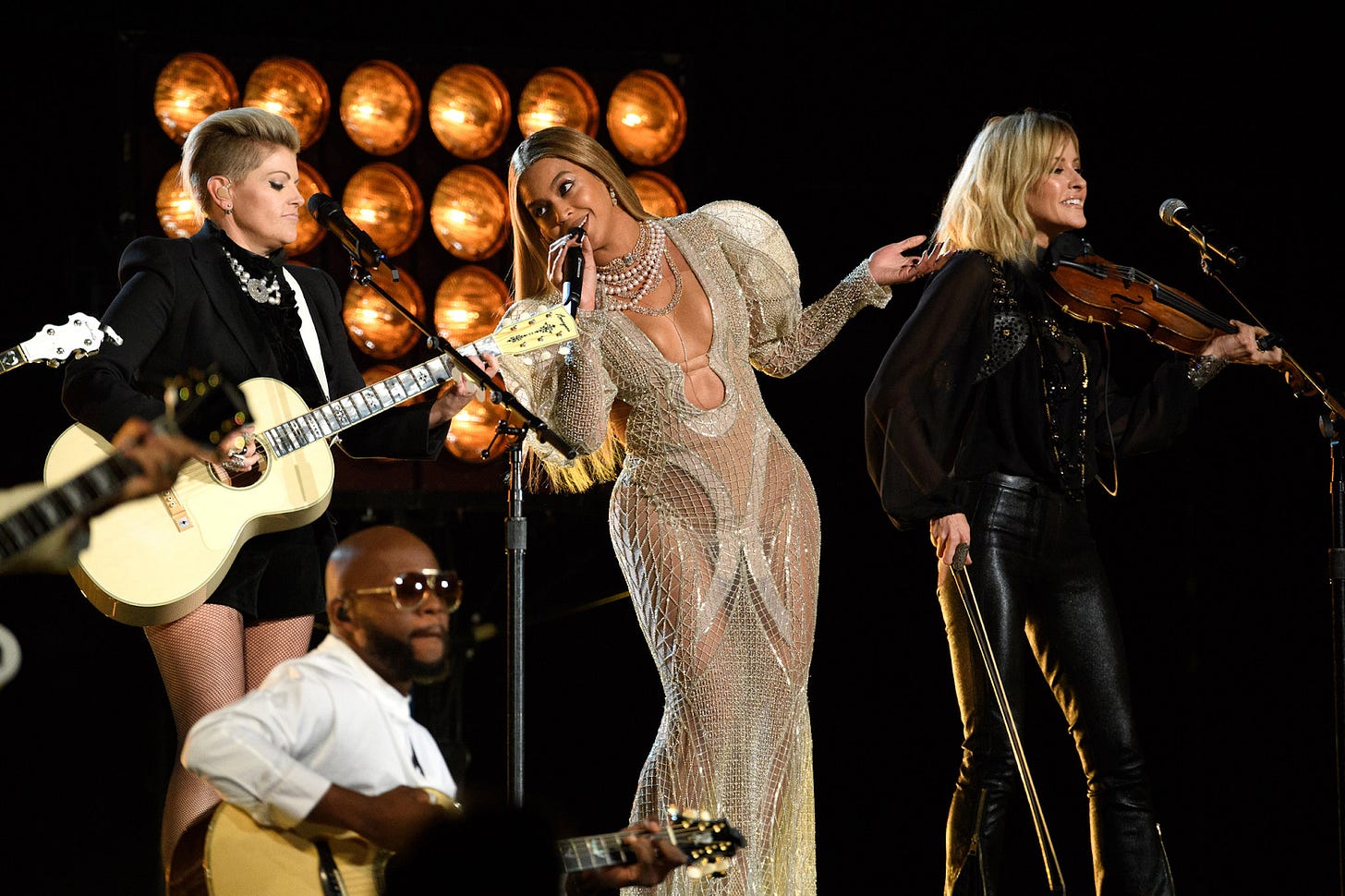Beyoncé’s Cowboy Carter: Rooted in her History of Genre-Bending and Rule-Breaking
On March 29th, 2024, music streaming platforms globally were flooded with a familiar and beloved face, but this time she looked a bit different. Beyoncé released Cowboy Carter as the second album in her much-anticipated album trilogy. Just short of a year following the mega star’s release of her dance music album Renaissance, Cowboy Carter came in hot with Beyoncé herself gracing the album’s cover in a cowboy hat, atop a beautiful white horse (Denis).
There has been much speculation around this unfinished three-piece project that is in the process of being rolled out. What we know for sure is that Beyoncé is using this opportunity to break boundaries, surprise audiences, and genre-bend like she never has before. Without even pressing play on the album, Cowboy Carter’s name and album cover give listeners a sense of what they are in for; Beyoncé is going to show us how she does country.
Beyoncé’s dabbling in country music does not come as a surprise for superfans who know her history with the genre. While the artist has never been one to be confined to genre categories (as she alludes to in Cowboy Carter’s 12th track Spagettii), her 2016 album Lemonade (my personal favourite of her releases) contained Daddy Lessons, her first song to make the country genre shake in their boots both literally and metaphorically.
Daddy Lessons is quite an emotional song, with Beyoncé’s beautiful voice singing about her childhood and her relationship with her father. The song is also, however, unmistakably different from the rest of the tracks on the album and the brunt of the artist’s music more generally. The unmissable banjo, trumpet, and tambourine in the background along with the hollering vocal sound come together in a way that the Los Angeles Times described perfectly as taking “a decidedly twangy turn”.
Lemonade was a groundbreaking album, subject to much critical acclaim. However, in Daddy Lessons’ encroaching upon the majorly whitewashed country scene, it was less than embraced as a new addition. Nevertheless, Beyoncé was still granted the honour of performing the song at the 2016 Country Music Awards (CMA) alongside iconic country girlgroup The Chicks. While the performance was successful, it was not received well by the country community who, like many others, had confined Beyoncé to the genres of R&B and pop (Roberts).
This exclusion can be majorly boiled down to racist ideologies and the overwhelming presence of white artists in the country scene, despite the genre’s inception being majorly thanks to the contributions of Black artists. Eight years post Lemonade, Cowboy Carter comes as a sort of response to this controversy. Beyoncé uses this album not only to show her incredible range but also to prove that genres are whatever artists make them to be. The album does not sound like your classic Kelly Clarkson or Luke Bryan album; the country twang is ever-present but mixed with more classic Beyoncé sounds in many places.
Cowboy Carter is an iconic response to the racism faced by Black musicians in the country scene and also serves as proof of Beyoncé’s immeasurable range and ability to bend and merge genres. She does not care if you think that the album is country enough; it is her interpretation of the genre and it is simultaneously unique and traditional.






